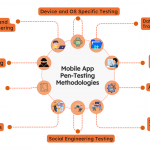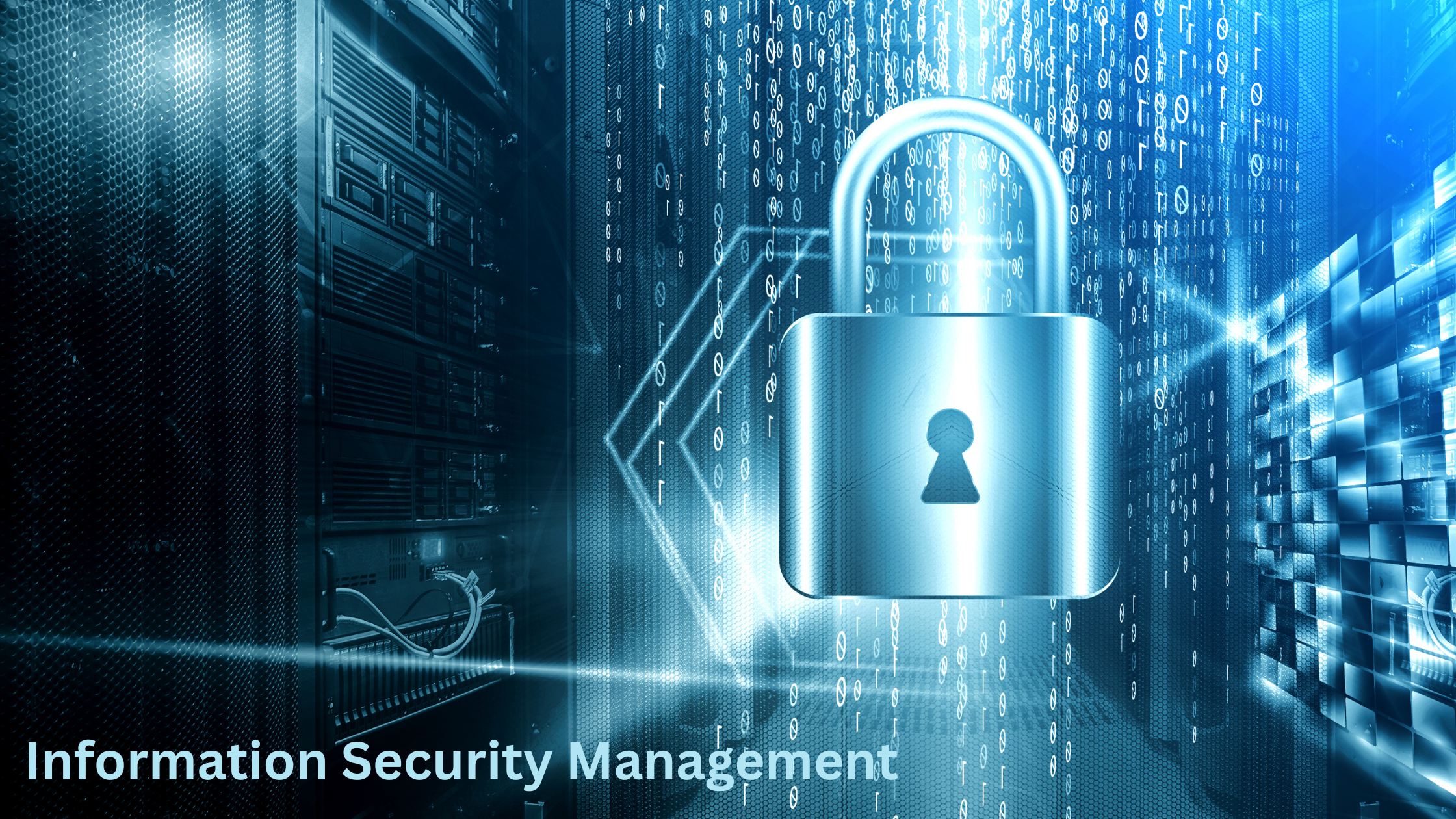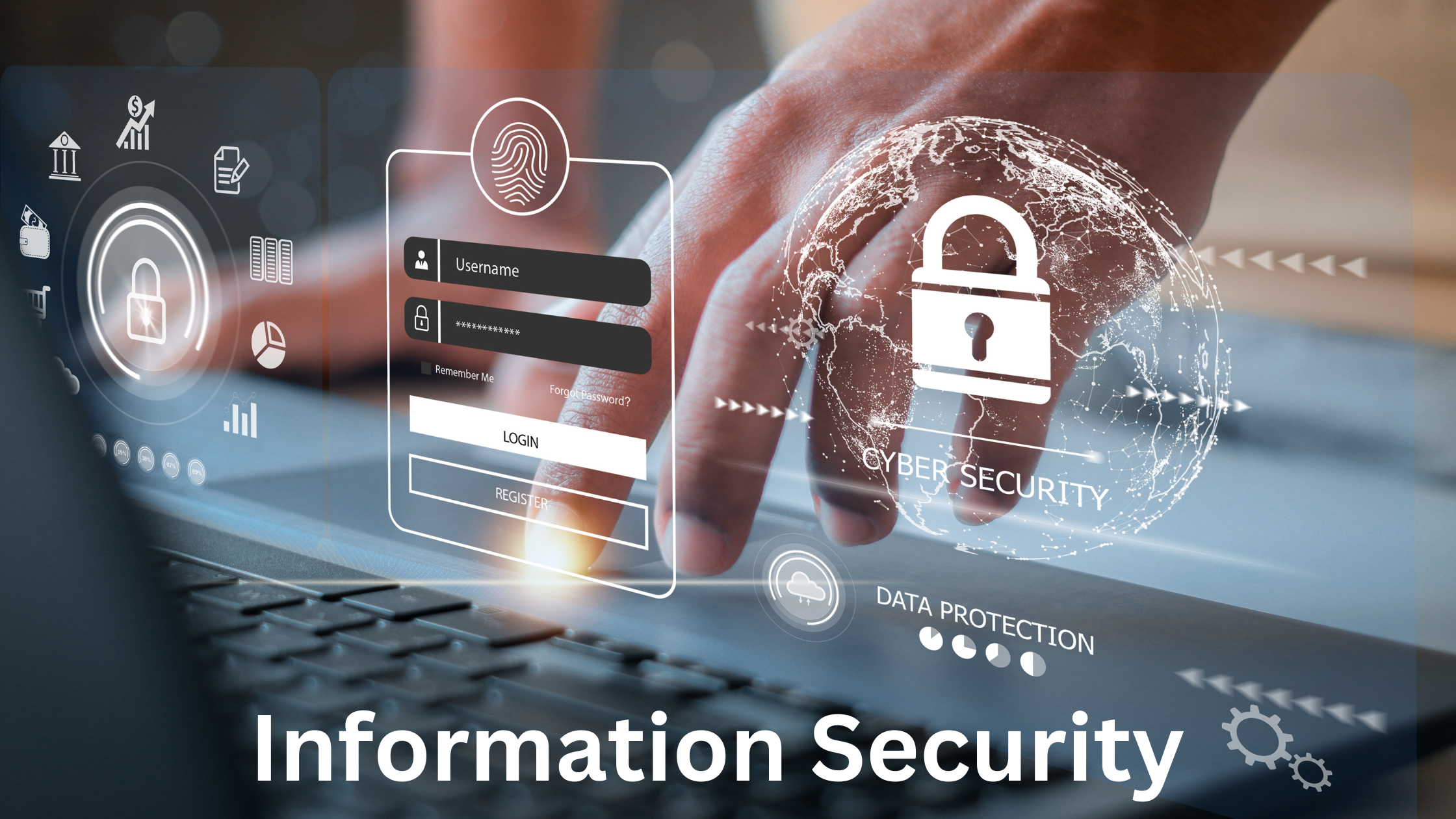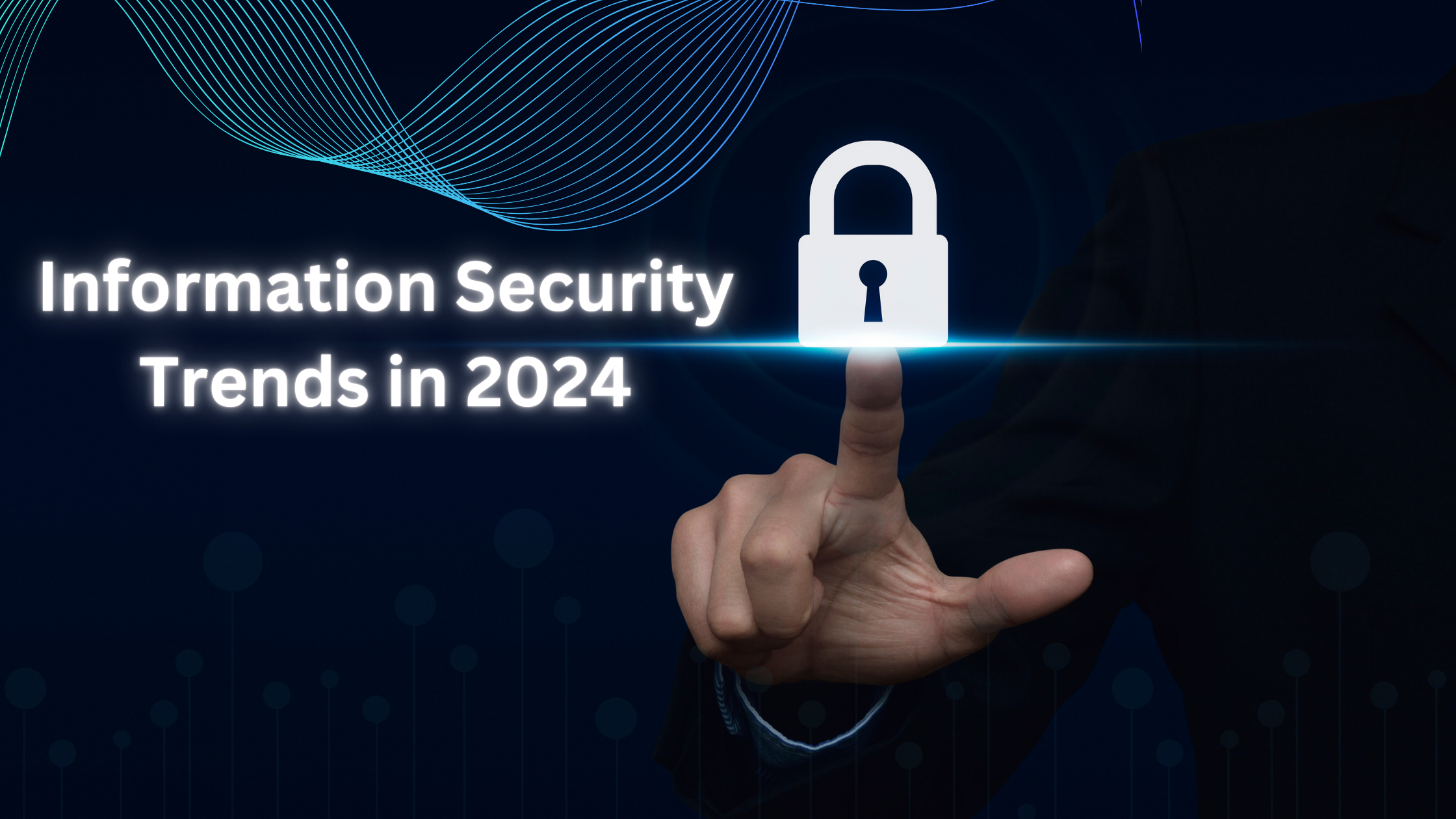Cost-Effective Ways to Enhance Information Security
In today’s digital age, protecting sensitive information is crucial for businesses of all sizes. While large enterprises may have extensive resources to invest in robust security measures, smaller businesses often struggle to balance the need for strong information security with budget constraints. Fortunately, numerous cost-effective strategies can significantly enhance information security without breaking the bank. Many organizations turn to professional Information Security Services to help implement these strategies efficiently.
Understanding Information Security
Information security involves protecting information from unauthorized access, disclosure, alteration, and destruction. It encompasses a wide range of practices and technologies designed to safeguard data, including personal information, financial records, intellectual property, and more. Ensuring strong information security is vital for maintaining customer trust, complying with legal requirements, and preventing costly data breaches.
Information security involves protecting information from unauthorized access, disclosure, alteration, and destruction. It encompasses a wide range of practices and technologies designed to safeguard data, including personal information, financial records, intellectual property, and more. Ensuring strong information security is vital for maintaining customer trust, complying with legal requirements, and preventing costly data breaches.
Cost-Effective Information Security Strategies
Employee Training and Awareness
One of the most cost-effective ways to enhance information security is to invest in employee training and awareness programs. Human error is a significant factor in many security breaches, so educating employees about best practices can greatly reduce risks. Training should cover topics such as:
- Recognizing phishing emails
- Creating strong passwords
- Securing devices and workstations
- Reporting suspicious activity
Regular refresher courses and simulated phishing attacks can help reinforce these lessons.
Strong Password Policies
Implementing robust password policies is a straightforward yet highly effective measure.Encourage employees to use complex passwords that include a mix of letters, numbers, and special characters.Consider utilizing password managers to assist employees in securely managing their passwords. Additionally, enforce regular password changes and prohibit the reuse of old passwords.
Multi-Factor Authentication (MFA)
Multi-factor authentication (MFA) adds an extra layer of security by requiring users to provide two or more verification factors to access accounts. This can significantly reduce the risk of unauthorized access, even if a password is compromised. MFA solutions can be cost-effective and are often included with many existing software and cloud services.
Regular Software Updates and Patching
Maintaining up-to-date software and systems is essential for defending against known vulnerabilities.Many cyberattacks exploit outdated software with security flaws. Ensure that all operating systems, applications, and devices are regularly updated and patched. Automated update tools can simplify this process and ensure timely updates.
Data Encryption
Encrypting sensitive data is an essential security measure. Encryption ensures that even if data is intercepted or accessed without authorization, it cannot be read without the encryption key. Use encryption for data at rest (stored data) and data in transit (data being transmitted). Many modern operating systems and cloud services offer built-in encryption features.
Firewalls and Antivirus Software
Firewalls and antivirus software are fundamental components of a secure IT environment. Firewalls help protect networks by filtering incoming and outgoing traffic based on predefined security rules. Antivirus software detects and removes malicious software that can compromise data security. Ensure these tools are correctly configured and consistently updated.
Secure Remote Access
With the rise of remote work, securing remote access to company systems has become more important than ever. Use virtual private networks (VPNs) to create secure connections for remote employees. VPNs encrypt data transmitted between remote users and company networks, protecting it from interception.
Access Control
Implementing strong access control measures ensures that only authorized personnel can access sensitive information. Use role-based access control (RBAC) to grant permissions based on an employee’s role within the organization. Regularly review and update access permissions to reflect changes in job responsibilities.
Backup and Disaster Recovery
Regularly backing up data is a critical component of information security. In the event of a ransomware attack, natural disaster, or hardware failure, backups can help ensure data is not lost permanently. Implement a comprehensive backup strategy that includes both on-site and off-site backups. Test your backups regularly to ensure data can be restored successfully.
Network Segmentation
Network segmentation involves dividing a network into smaller, isolated segments to limit the spread of a potential security breach. By isolating critical systems and sensitive data, businesses can reduce the risk of unauthorized access. Network segmentation can be achieved using virtual local area networks (VLANs) and firewall rules.
Security Policies and Procedures
Developing and enforcing comprehensive security policies and procedures is essential for maintaining information security. These policies should cover a wide range of topics, including data protection, incident response, and acceptable use of company resources. Ensure that all employees are familiar with these policies and understand their responsibilities.
Monitoring and Logging
Continuous monitoring and logging of network activity can help detect suspicious behavior and potential security incidents. Use intrusion detection systems (IDS) and intrusion prevention systems (IPS) to identify and respond to threats in real time. Analyzing logs can also provide valuable insights into security vulnerabilities and help improve defenses.
Third-Party Risk Management
Many businesses rely on third-party vendors for various services, but these relationships can introduce security risks. Conduct thorough due diligence when selecting vendors and ensure they adhere to strong security practices. Regularly review and update contracts to include security requirements and consider conducting periodic security assessments of key vendors.
Cost-Effective Security Tools and Services
There are numerous affordable security tools and services available that can help enhance information security. Some examples include:
- Open-source security tools: Many open-source tools offer robust security features at no cost. Examples include OpenVPN for secure remote access and ClamAV for antivirus protection.
- Cloud-based security services: Many cloud providers offer security services as part of their packages, such as Amazon Web Services (AWS) Security Hub and Microsoft Azure Security Center.
- Managed security services: Outsourcing certain security functions to managed security service providers (MSSPs) can be a cost-effective way to access expert security support.
Cost-Effective Security Tools and Services
Engaging professional Information Security Services can provide significant benefits, especially for small and medium-sized businesses with limited in-house expertise. These services offer expert guidance and support in implementing and maintaining security measures. Key benefits include:
Expertise and Experience: Information Security Services bring specialized knowledge and experience, ensuring that security measures are effective and up to date.
Cost Savings: By outsourcing security functions, businesses can avoid the costs associated with hiring and training in-house security staff.
Scalability: Professional services can scale with your business, providing additional support as needed without the need for significant upfront investment.
Focus on Core Business: Outsourcing security allows businesses to focus on their core operations, knowing that their security needs are being handled by experts.
Conclusion:
Enhancing information security does not have to be an expensive endeavor. By implementing cost-effective strategies and leveraging affordable tools and services, businesses can significantly improve their security posture. Employee training, strong password policies, multi-factor authentication, regular updates, and data encryption are just a few of the many ways to protect sensitive information without breaking the bank.
Information Security Services can play a crucial role in helping businesses navigate the complexities of information security, providing expert guidance and support. By adopting these cost-effective measures and continuously assessing their effectiveness, businesses can build a robust security framework that protects their valuable data and maintains the trust of their customers.
In today’s interconnected world, information security is more important than ever. Taking proactive steps to enhance security not only protects your business but also contributes to a safer digital environment for everyone.









